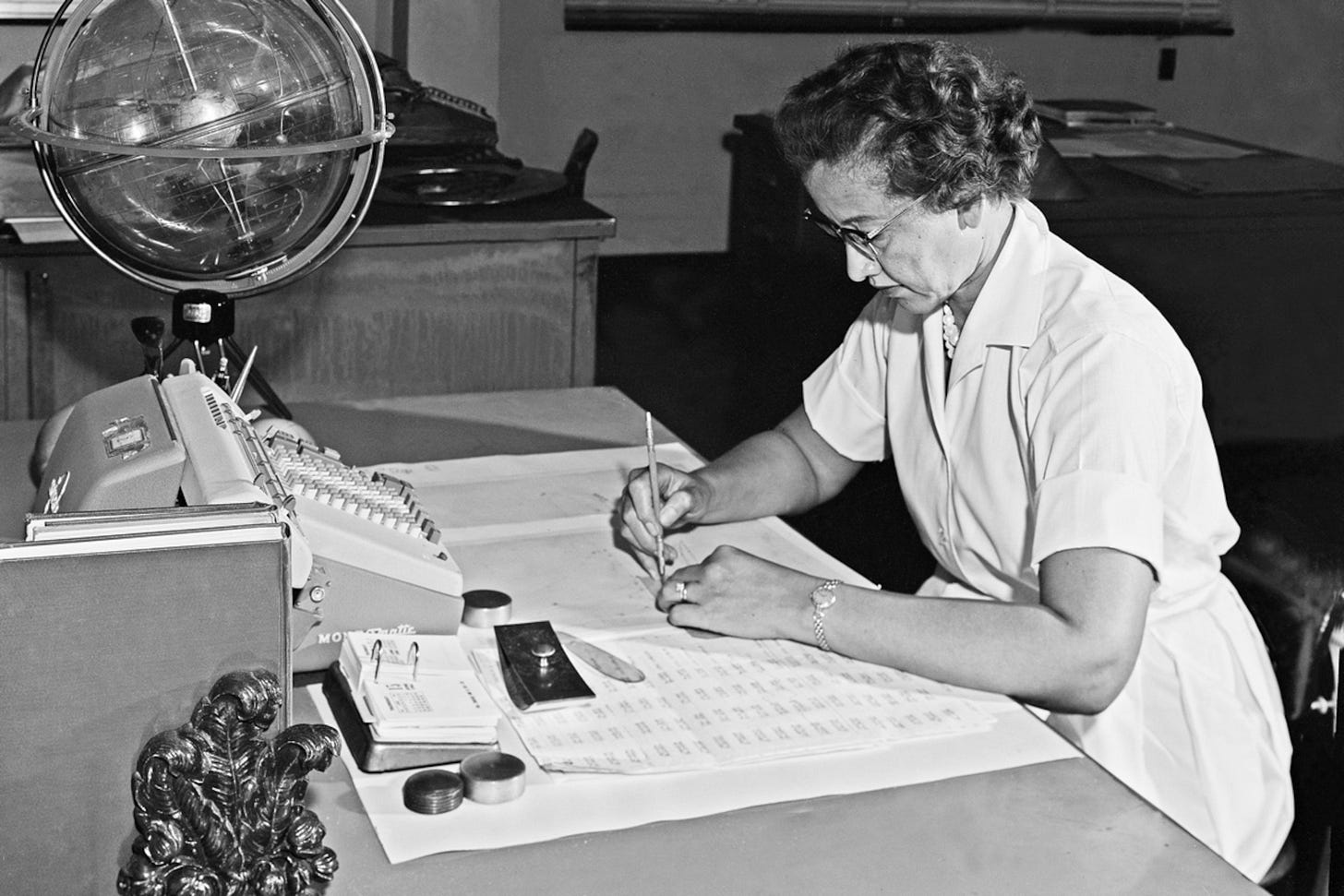Writing With the World
Why does it feel like we're all writing more?

It was always there.
A life partner I never gave a name. Once it’s named it can be owned and I knew it would all end if they took them away. No this was mine. It was always there. There, when I started a magazine in college writing manifestos that were really chanting songs. There, when I started a clothing line and wrote poems in the descriptions on the website instead of the garment’s dimensions, composition, and care. There, when Seeda School started as Seeda Press. There, when I scribbled my way out of depression and anxiety again and again and again and again and…
I developed a practice of witnessing the world and painting its landscapes with pen inside the intimacies of stacks and stacks of journals. It took a decade for me to call myself a writer, to name it. To release it. To release myself and…
Keep reading with a 7-day free trial
Subscribe to Seeda School to keep reading this post and get 7 days of free access to the full post archives.

